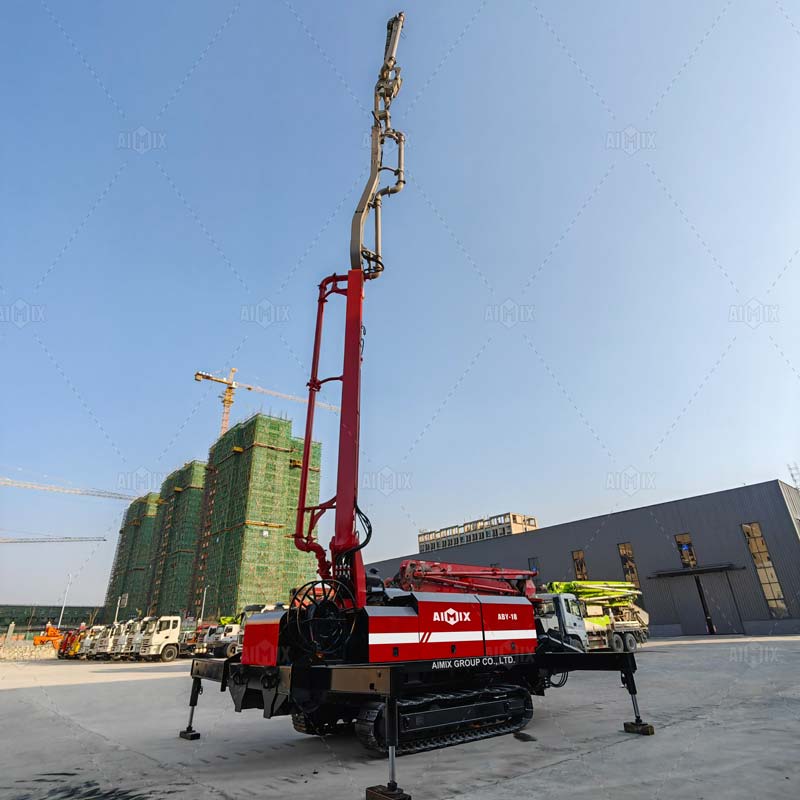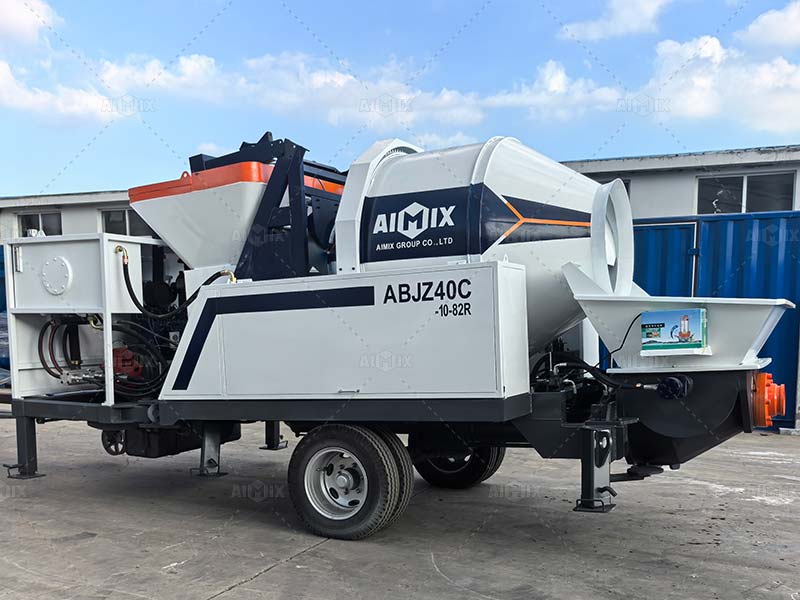The construction industry is in a perpetual state of evolution, with technology and efficiency driving the development of various equipment. Among the myriad of tools available, mini concrete pumps for sale have emerged as a pivotal solution for small to medium-scale projects. Their compact design, coupled with versatility, makes them indispensable in urban construction settings where space constraints are prevalent.
However, understanding the nuances of different mini concrete pump types and their associated costs is crucial for contractors and builders aiming to optimize their investment. This article delves into the various types of mini concrete pumps, their pricing structures, and factors influencing these costs, providing a comprehensive guide to making an informed purchasing decision.

Types of Mini Concrete Pumps
Stationary Mini Concrete Pumps
Stationary mini concrete pumps are typically utilized for projects requiring a consistent and high-output flow of concrete. These pumps, often characterized by their robust design, are ideal for large pours in confined areas. Their pricing usually reflects the pump’s power capacity and the technology integrated into the system. Basic models might start around $20,000, while more advanced versions equipped with enhanced features can exceed $30,000.
Mobile Mini Concrete Pumps
Mobile mini concrete pumps, in contrast, offer greater flexibility, as they can be transported easily between job sites. Their design facilitates quick setup and operation, making them a favorite for contractors who require mobility without sacrificing efficiency. The concrete pump price range typically falls between $15,000 and $25,000, depending on the brand and specifications. Factors such as engine type and pumping capacity can further influence these costs.

Concrete Line Pumps
Concrete line pumps are another variant, designed to convey concrete through a series of pipes. They are particularly effective for horizontal pours and can be used in conjunction with other pumping equipment. The pricing of line pumps can vary significantly, from approximately $10,000 for simpler models to upwards of $20,000 for specialized equipment. The overall cost is often dictated by the length of the pipeline system and the material quality used in construction.
Factors Influencing Mini Concrete Pump Prices
Brand and Quality
The brand reputation and quality of the mini concrete pump significantly influence its price. Established manufacturers often leverage superior engineering and advanced technology, which may justify a higher concrete mixer pump price point. Investing in a reputable brand can result in enhanced durability and lower maintenance costs over time, making it a cost-effective choice in the long run.
Pumping Capacity and Specifications
Another critical factor affecting pricing is the pump’s capacity and specifications. Pumps with higher output capabilities or specialized features such as remote controls or automatic shut-off systems typically command higher prices. Buyers must assess their project requirements to choose a pump that balances capacity with budgetary constraints.
Additional Costs
Beyond the purchase price, potential buyers should consider additional costs such as maintenance, parts, and operational expenses. Regular maintenance is vital for ensuring optimal performance, and neglecting this can lead to costly repairs or replacements. Furthermore, factors like fuel consumption and labor costs associated with operating the pump can impact the overall financial outlay. Check here for more info about price: https://aimixconcretesolution.com/.
Conclusion
Selecting the right mini concrete pump involves a careful analysis of various types, their respective costs, and the factors influencing these prices. By understanding the nuances of stationary, mobile, and line pumps, as well as the implications of brand quality and specifications, contractors can make informed decisions that align with their project needs and budgetary constraints. Ultimately, investing in the appropriate mini concrete pump not only enhances operational efficiency but also contributes to the successful completion of construction projects with optimal cost-effectiveness.